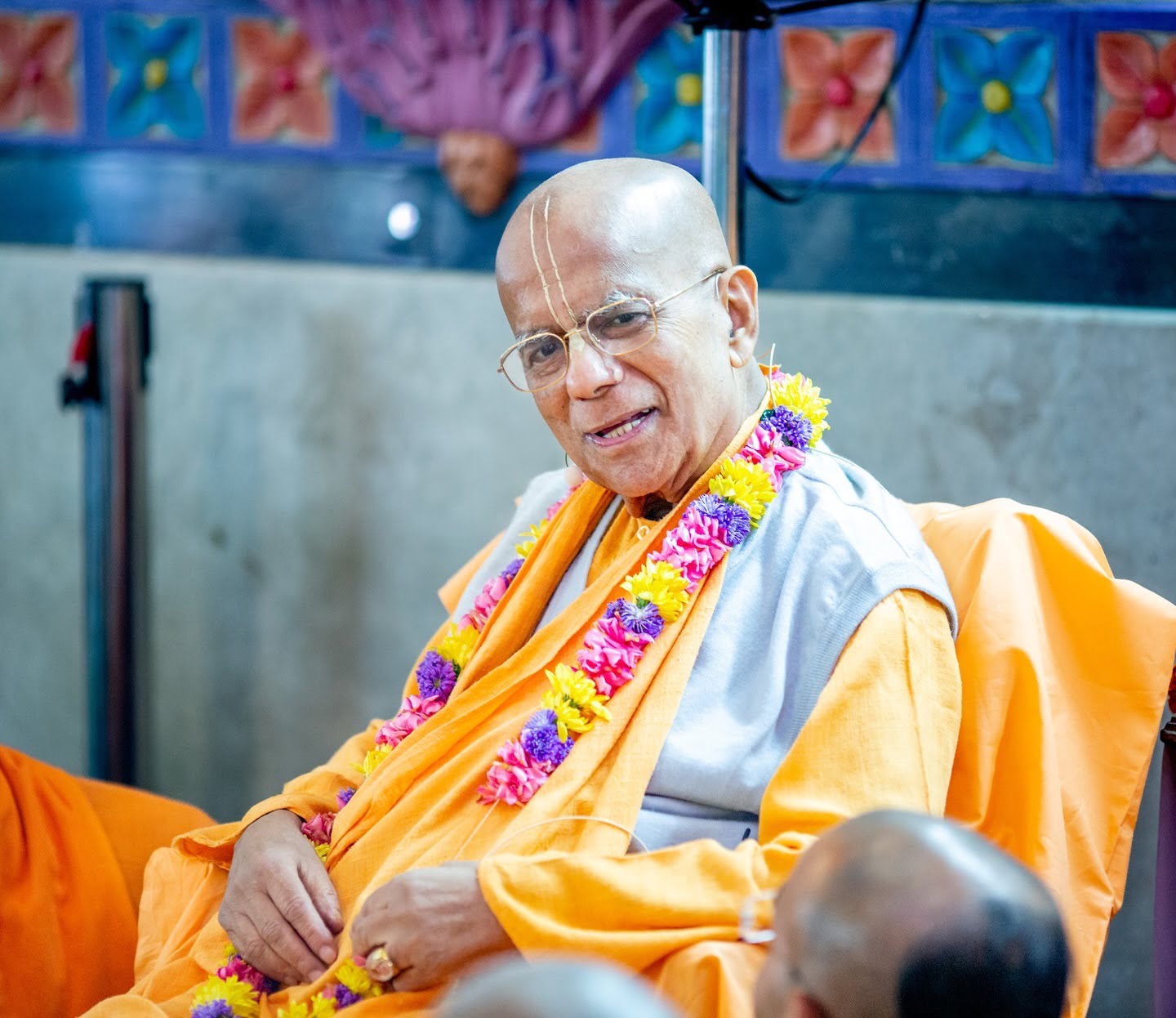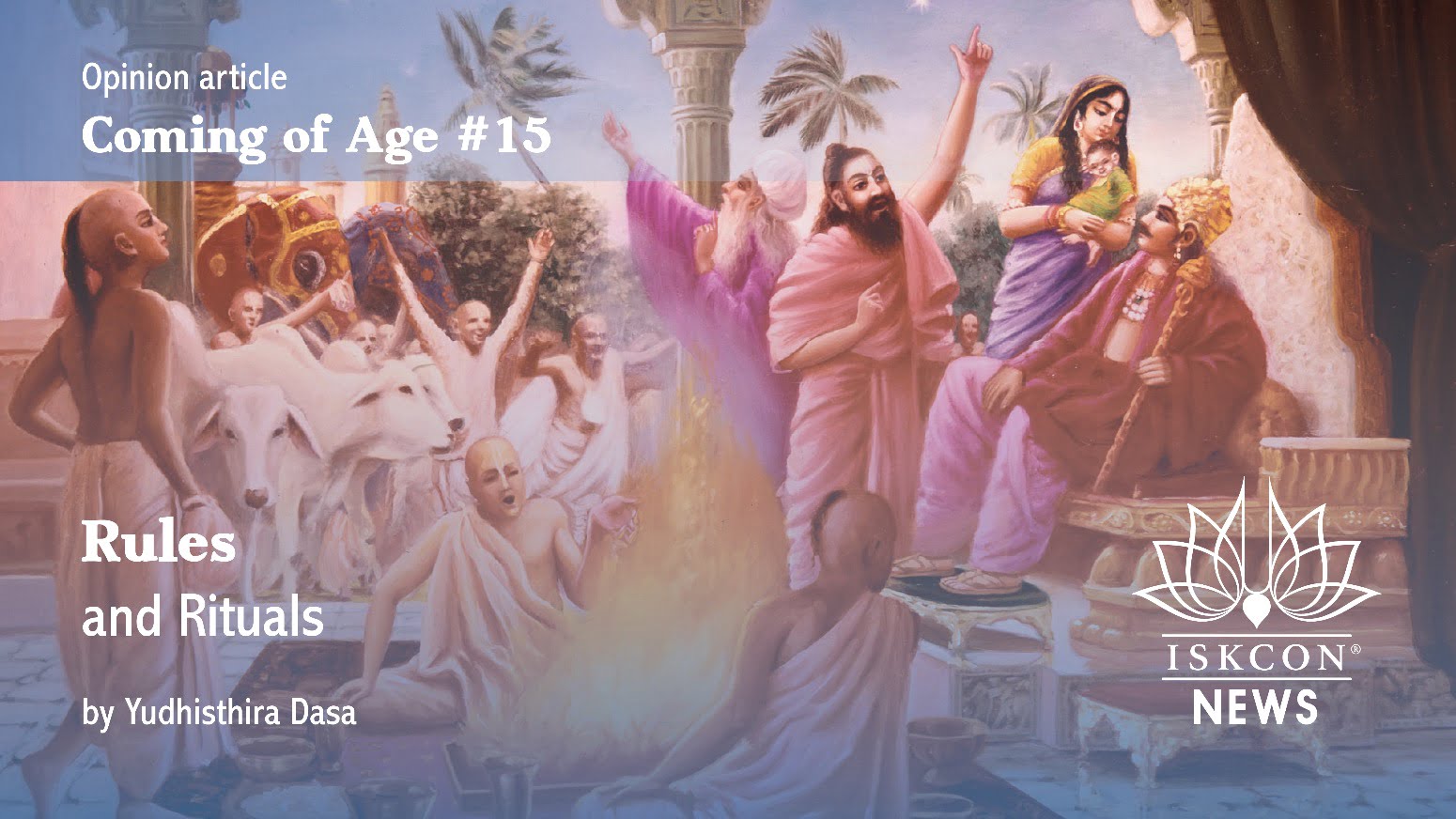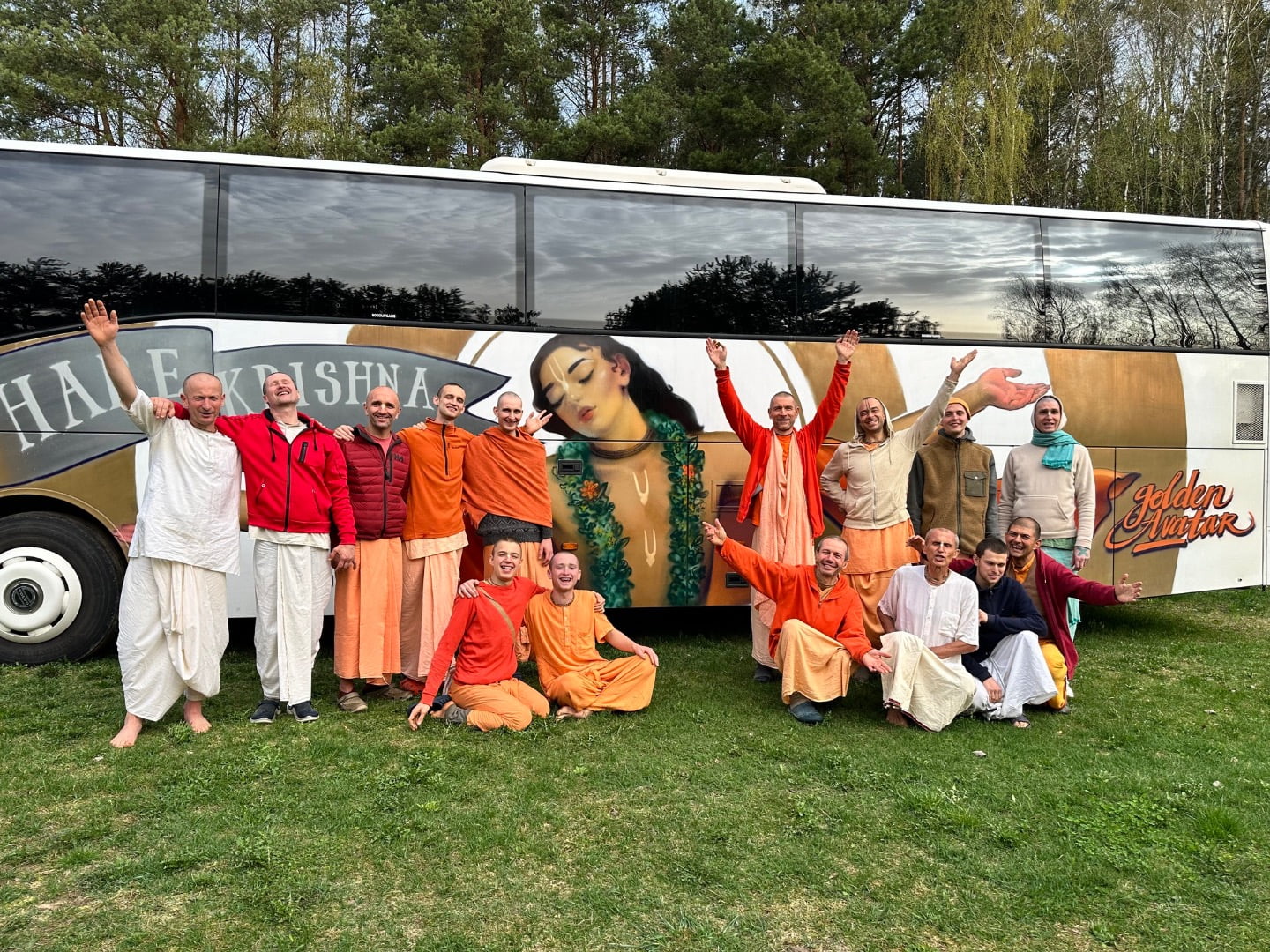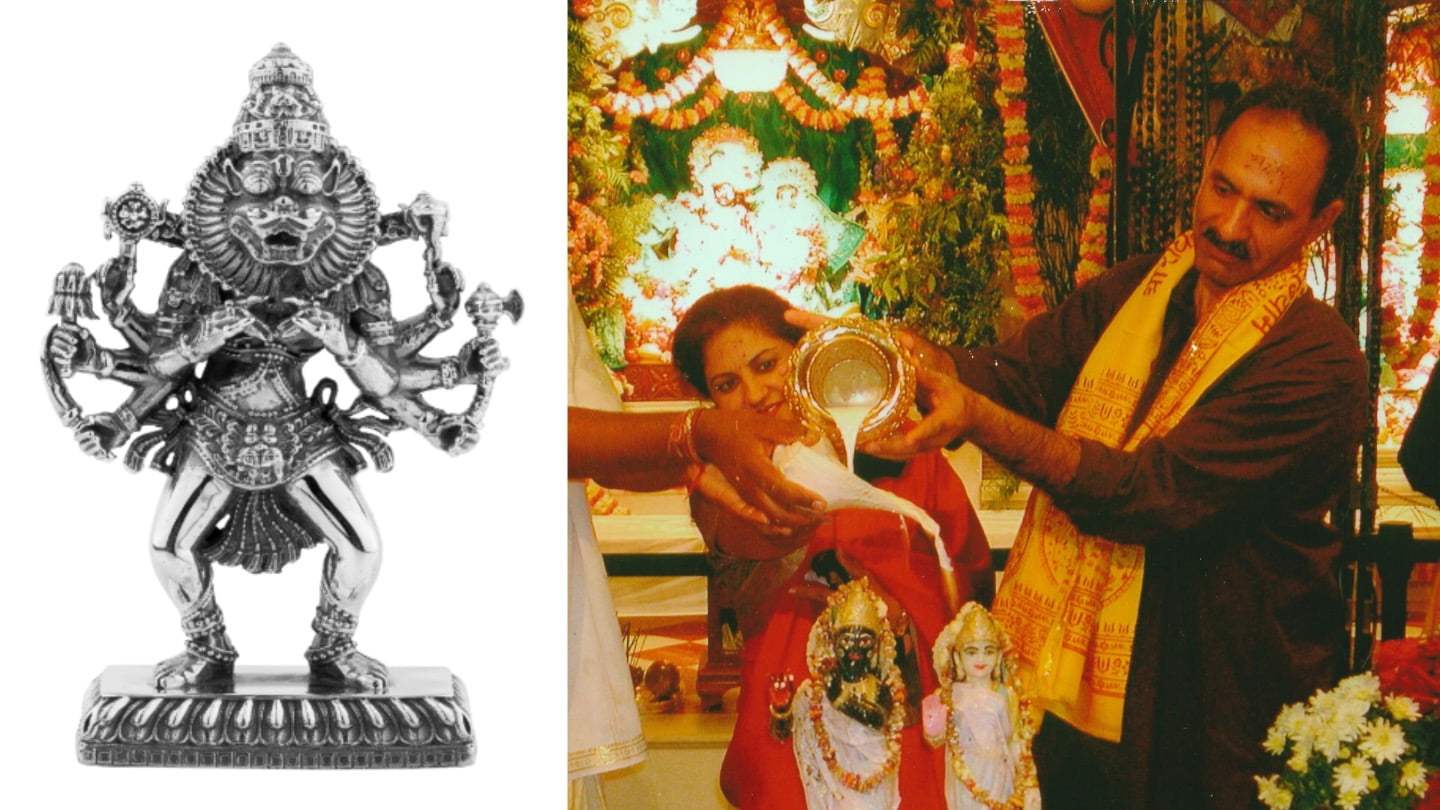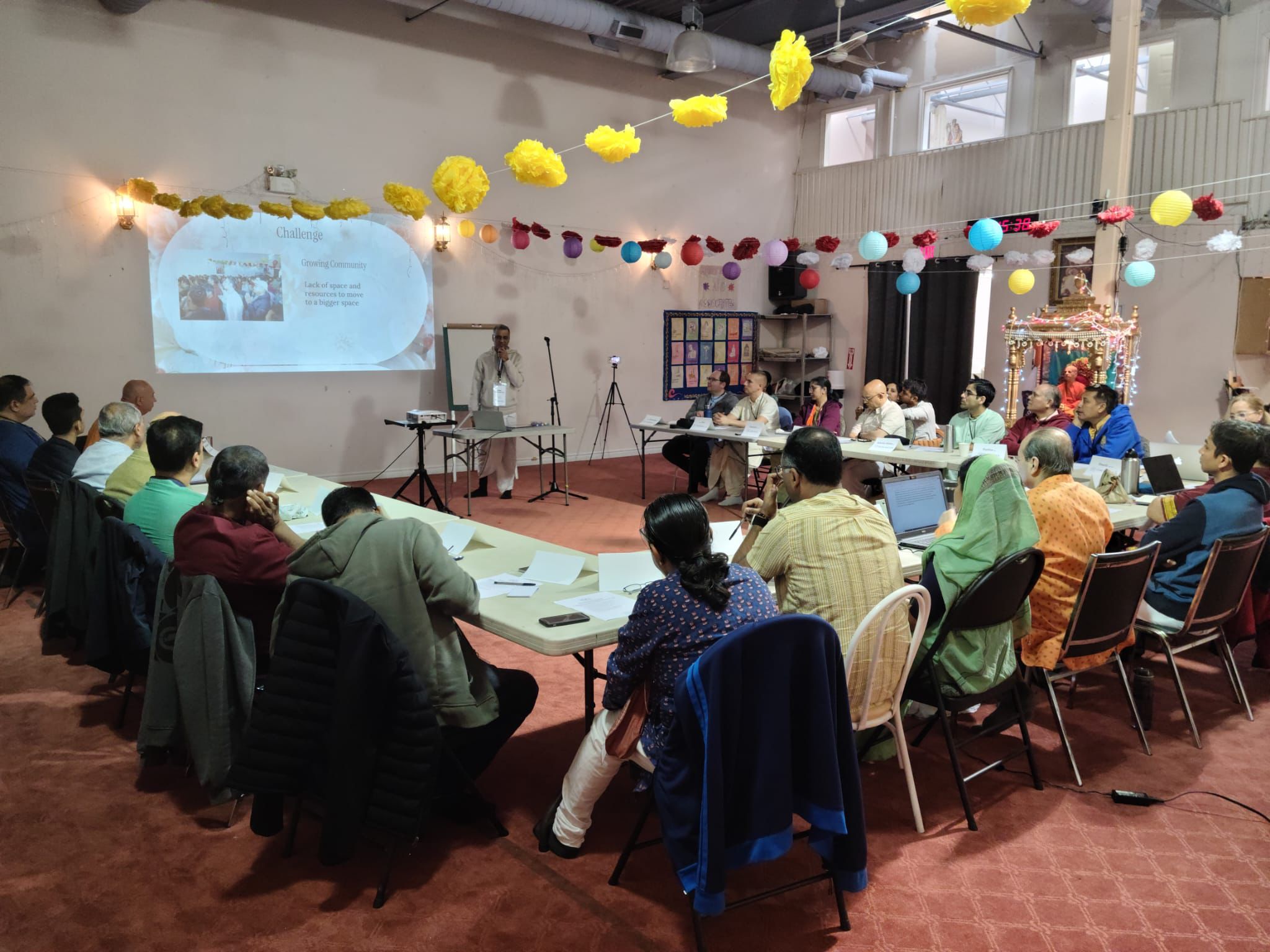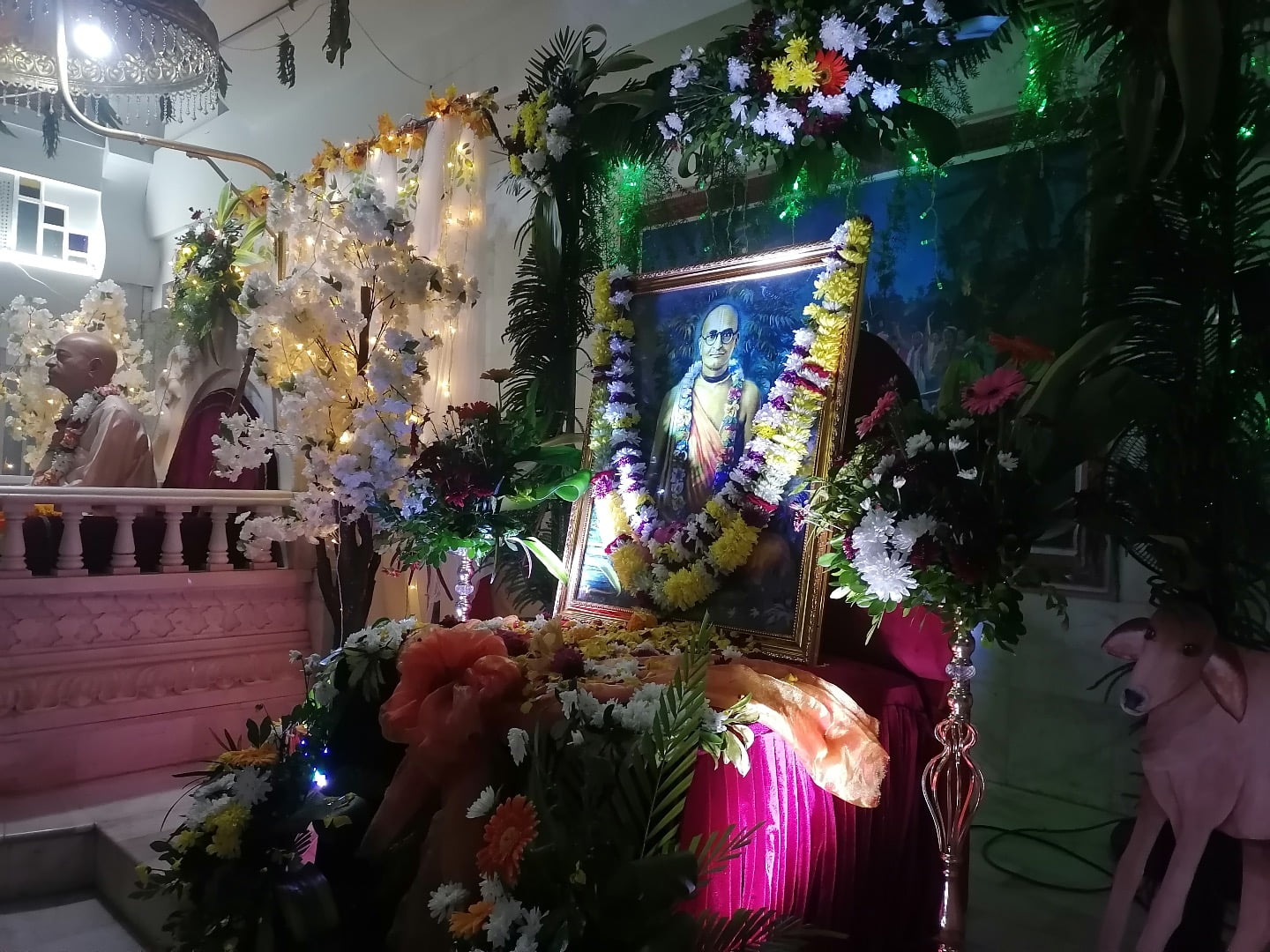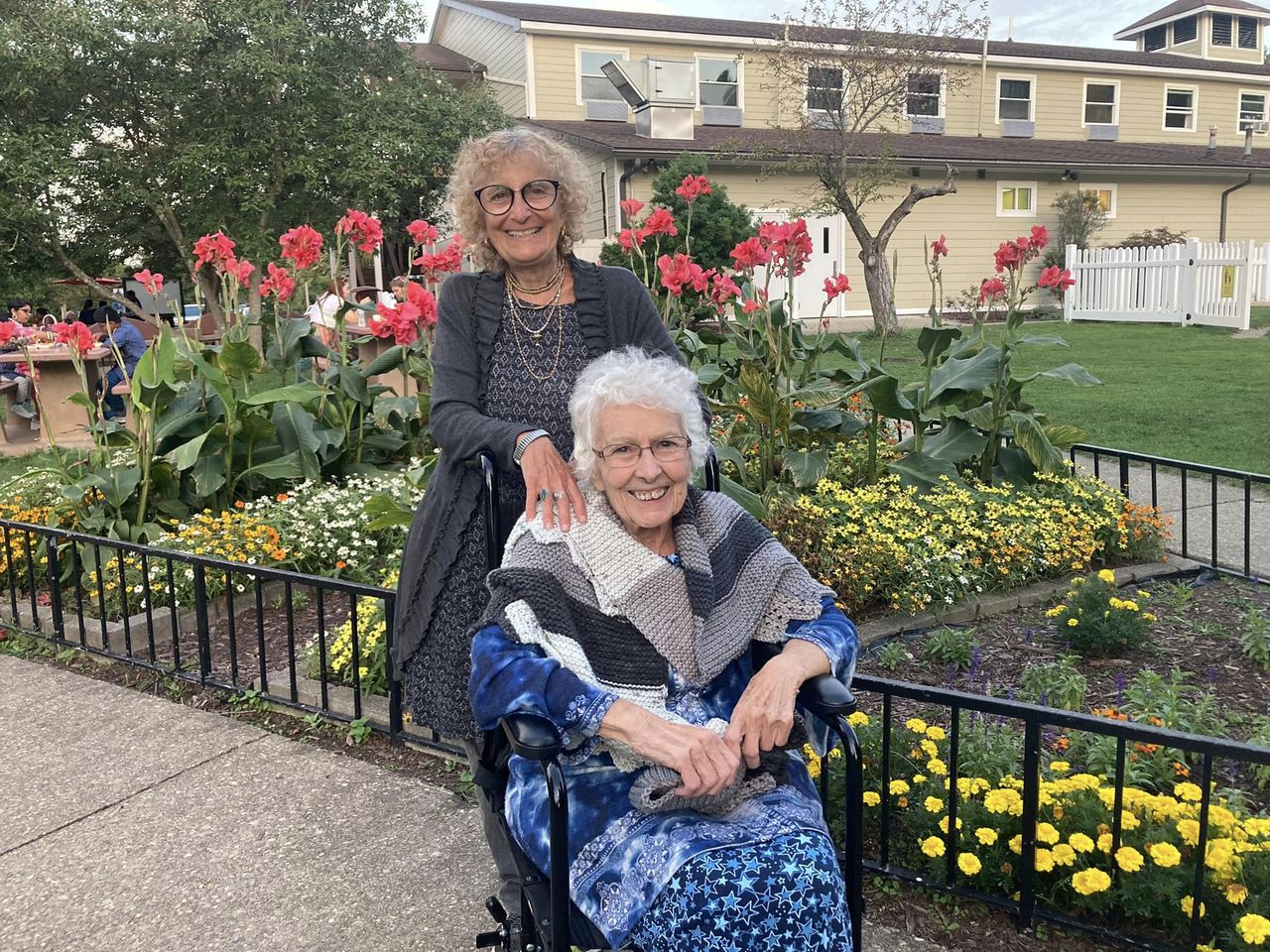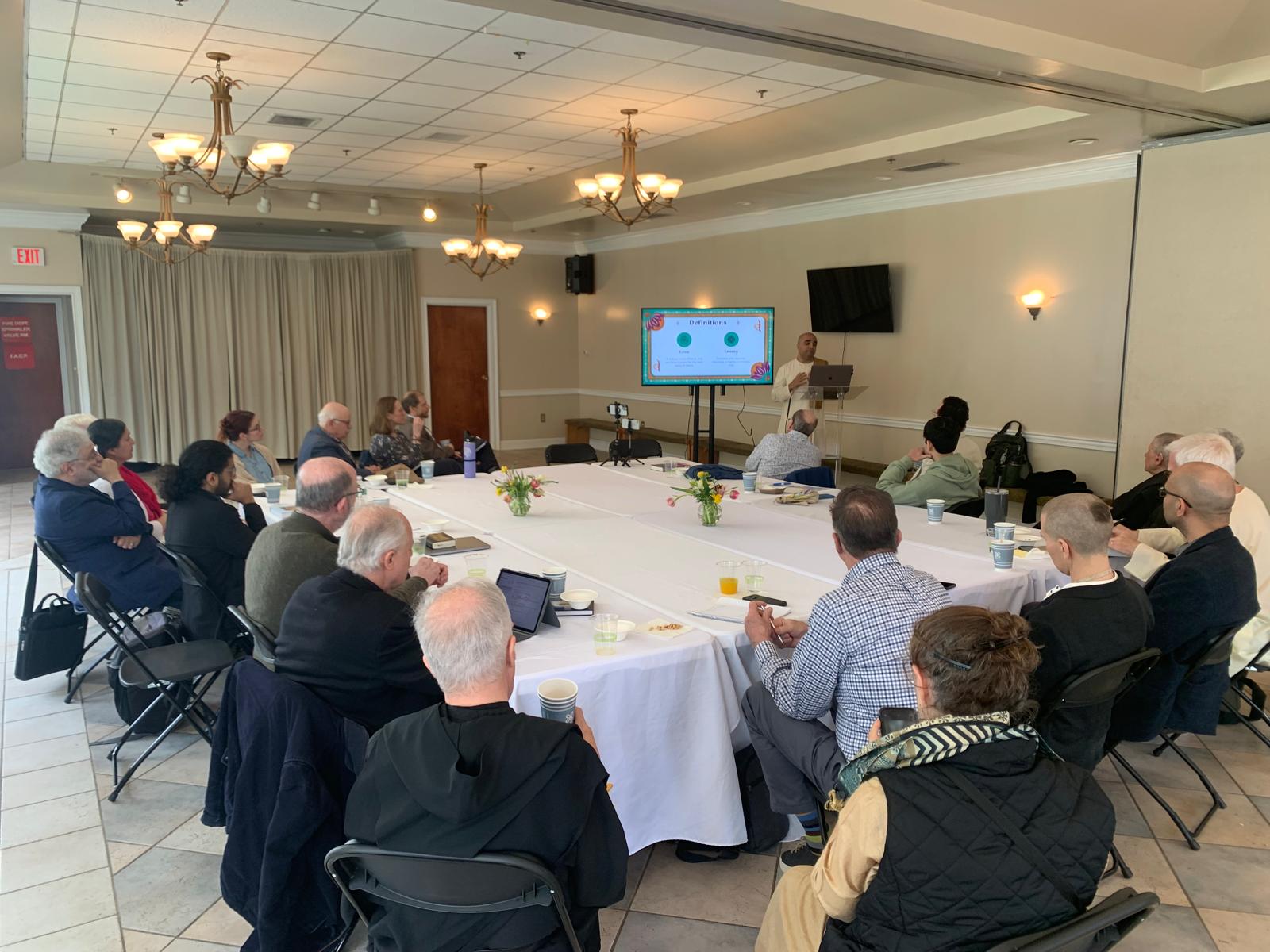Philippines: Holy Name Retreat With Those Behind The “Bamboo Curtain”
By Taraka Dasi | Oct 27, 2011

Beyond the “bamboo curtain” that separates what we sometimes take for granted (the freedom to worship and serve), are those who strive to cling on to a spiritual identity: Vaisnavas facing the daily challenge to complete their morning hours of sadhana. Cramped in tiny abodes, either isolated or with non-devotee family, they turn to a single image of their spiritual teacher or a Vrindavan poster and repose their hearts in earnest meditation. No temples, no tilaka to mark the forehead, no loud kirtans or delightful maha prasad to bless their day, devotees press on with their spiritual commitments. They go to great lengths, often for long hours traveling back and forth on jam-packed subways and busses to meet like-minded souls in undisclosed locations, just to have a few hours of sanga and refill a battery that so quickly goes flat. Their families may not be aware of what they are doing, where they are going and whom they are meeting. Some parents may puzzle over why my son or daughter is vegetarian. Why does my mother save every cent to fly to India as often as possible?
The external environment may be fostering the fastest growing economy in the world and material comfort may be developing rapidly, however, the internal nourishment through bhakti (or any concept of God realization) may never be on the list of priorities of parents or spouse or children of devotees, with whom they dwell bound by duty and affection.
‘Starved’ is a good word to describe how devotees feel, only ‘eating’ once a week with their spiritual friends, their spiritual family. Lonely – in big cities where their friends are hours away, but, grateful – for the growing internet connection available, if some have a computer, or know how to use one.
Recently the word went out that a big festival was in the planning. “It’s big, it’s exciting and it’s enticing, and it’s out of the country”.
Somewhere free from the fear that someone will find out what you are doing, or someone disturbed enough to complain to the local authorities, or worse: national authorities. Enthusiastic, eager and filled with anticipation devotees planned their visit to join their loved ones, meet new friends and finally meet their spiritual teacher whom they may not have seen for a long, long time.
They looked forward to the event, and a spiritual practice called a ‘sankalpa’ that was new to them, and extensively planned how they’d be part of the whole experience in their usual secretive ways. Their lives, full of secrets, would transform for five days, for they would get to share an incredible experience with kindred spirits, Vaisnavas, who share similar stories, struggles and obstacles. This would be the First Srila Prabhupada’s Holy Name Retreat 2011 – somewhere special in the Philippines.
Considering the above scenario, which is near typical for a majority of Hare Krishna devotees “beyond the bamboo curtain”, leaders and well wishers involved in the mission felt it was a growing necessity to hold a retreat, to treat the devotees to a Bhakti saturated week of kirtan and sanga, prasadam and healthy living.
The Srila Prabhupada Holy Name Retreats started with the idea of introducing a sankalpa or determined vow was part of the structure of the retreat, giving devotees a chance to specify their spiritual desires and consciously move towards a meaningful goal especially about chanting of the holy names, to support their practices once they went home to obstacles that sometimes seem insurmountable.
Disciples of Srila Prabhupada such as Giriraja Swami, Rtadwaja Swami, Janananda Goswami and Krishna Kshetra Das, supported the event and entered into the mood of sharing experience and knowledge of the holy names with the participants from “beyond and around the bamboo curtain”, and the Philippines and a small number of guests from Malaysia, Australia, Singapore, and the CIS and the UK.
Those involved in serving the mission directly from countries like USA, Switzerland, Australia, and Hong Kong attended and witnessed the enchantment and extreme ecstasy of the devotees they care for and support.
Giridhari Swami, again resident in the Philippines, plus a dedicated team of devotees, offered unceasing and wholehearted service to the devotees. There wasn’t anything too small or big for them to accommodate.
The appreciation from the guests was overwhelming:
The atmosphere of Philippines yatra was so nice, there was no disturbance from outside. We left the world to go to the spiritual world and experienced no worries, only bliss.
Another devotee said:
My gratitude goes to the Philippine devotees for the wonderful prasadam.
And another,
The Deities were eye-pleasing (hand made by a team of the Philippine devotees specifically for the festival). The hall was empty before we got here, all the endeavor of our hosts made it possible to come up so wonderfully.
And yet another:
Devotees’ co-operation is so powerful. The co-operation was full of love and harmony. There was the presence of organization and intelligence, which was Srila Prabhupada’s instruction.
Every day kirtans from mangala arati time until class, mid-morning kirtan, afternoon kirtan and kirtans during the cultural presentations and late night extensions on the kirtan program, were enthusiastically attended. The congregational effect of so many devotees chanting together was so powerful it was transforming.
On the second day the lecture topic and small group discussion was “Sankirtan”. Devotees headed by Radha Caran Das spontaneously met with a group headed by Tirtharaja Das in the courtyard to put the learning into practice. Hundreds of devotees chanting and dancing in the middle of the resort had such a transforming effect that a guard was seen dancing and chanting along with the sankirtan party. Waves of devotees came and went during the ecstatic sankirtan and some were even seen lying on the ground in transcendental bliss. There was an appearance by the transcendental lords Caitanya and Nityananda to take the kirtan to the topmost platform.
The Srimad Bhagavatam classes were based on Arjamila’s offenseless chanting of the holy name Narayana, and were given by Srila Prabhupada’s disciples. Devotees were supported with a deep foundation of understanding for the seminars during the day with the clear explanations and illustrations from the spotless Purana.
Giridhari Swami said: “We are retreating from our normal actives and focusing on the holy name many hours a day. This is a time when we put away our computers and shut off our cell phones and whatever else we are doing and do a really novel thing. We sit down and chant hare krishna and as we do this for some time, Jananada Maharaja goes into ecstasy and we become madmen, dancing up and down and around and round. We experience the higher taste, even if we are fallen, we can feel that higher taste- there is no other higher experience. Just chant Hare Krishna; very simple. Just chant! Don’t worry about the past or future. Live in the present. Especially when we chant the hold name. If you can do that, you will experience the highest pleasure.
In his class Giriraja Swami recalled an incident with Srila Prabhupada. Late one night near the end of Srila Prabhupada’s illness, Giriraja swami was sleeping in the Gurukula building and a devotee came and woke him up, hurrying him to go to Srila Prabhupada. On the way, Giriraja swami was wondering what Srila Prabhupada wanted to tell him. At the side of his beloved spiritual master, he was asked by Prabhupada, “What do you think will happen to ISKCON when I leave?” GIriraja Swami answered, “If everyone chants their rounds and follows the principles it will go forward”. Srila Prabhupada said, “That might keep everyone a devotee, but for ISKCON to survive and progress organization and intelligence is required”. This was a memorable instruction for many devotees, and the festival, which required so much organization and intelligence, was a manifestation of this truth. .
Janananda Goswami gave class on Sankirtana. Rtatvaja Swami on the ten offences against the Holy Name, Krishna Kshetra Das gave a seminar on home deity worship, which was very practical and helpful for the devotees.
Highlights from festival attendees:
Gitamrta devi dasi (China): It’s a historical event for the devotees. For the first time, a few hundred of us could chant and dance together, in the association of senior devotees and spiritual masters, leaving everything else aside and just focusing on chanting and hearing, free from all fear and material anxieties.
Latika devi dasi (China): I really felt love, to give and to thank through these days. The devotees in Philippines tried their best to serve us. They always kept a smile on their faces even if they were very tired. And the Chinese devotees showed their tolerance and patience even if they lived with six other people in a small room and they were not used to the local prasadam. They looked after each other very nicely.
Radha Padma das (China): I have had the great fortune to be in many great kirtans, and to see the most beautiful deities and been able to honor the most wonderful prasadam, but at this festival, there is one thing that I cannot experience at any other event; that is the fact that you, my family, are here! There is nothing to compare to being with you all!
Yamuna dasi (Taiwan): It is my desire to follow Srila Prabhupada’s instructions and spread the Holy Name, and the movement widely. I feel the festival has given me more confidence and faith in ISKCON.
Bhakta Wong (China): Before coming to the festival, I had only read about him (Srila Prabhupada). When we heard about Srila Prabhupada from devotees who had personally met him, we were very moved. Those memories of Srila Prabhupada are now imprinted on my heart.
Back “behind the bamboo curtain”, smiling and remembering touching parts of the festival program in the Philippines, devotees go about their daily life. They recall the seminar topics and the goals they listed for improvement in sadhana and association. Secrets flutter on their lips, but can’t be revealed to those around, only that the break was good, wherever it was the devotees told their ‘significant others’ they went for a week. Photos can’t be shared, or the happiness experienced in spiritual association. No talk about the new friends made or mentors who offered shelter. But within, they are rejuvenated and inspired, more in touch with the holy name and enthusiastic to teach others what they have learned, according to personal capacity. Devotees learned about a ‘sankalpa’, and how powerful it could be to spend time with special focus on the eternal spiritual practice of chanting the holy names according to the teachings of Srila Prabhupada.






